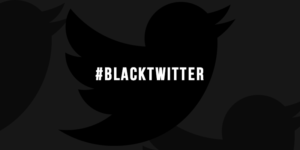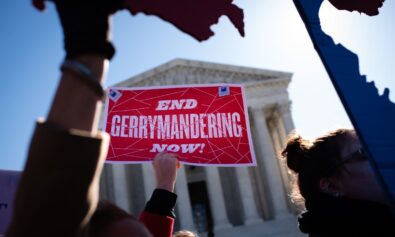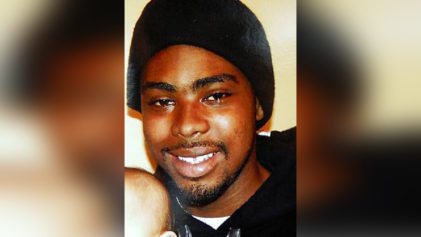Just about everyone is linked to social media and taking part in online discussions. But not everyone is talking about the same thing, as the topic of discussion could depend on the race of the participants.
Social media is used to share information and news stories with relatives, close friends and acquaintances, both near and far. In The Atlantic, Li Zhou discussed the latest Allstate/National Journal Heartland Monitor poll, which found that 60 percent of people who engage with social media have used such venues to share information about a local event or issue. Further, 64 percent spend more time interacting with people who live nearby than those who are distant. However, the most fascinating finding in the study is that while information sharing itself is fairly consistent across racial groups, there are differences in the nature and content of the information depending on race.
For example, Blacks were most likely to share information on education and schools (67 percent), while Latinos most frequently post stories on crime or public safety (62 percent), and whites were more likely share information on events or entertainment, at 60 percent. Meanwhile, whites were substantially less likely than other groups to have shared information on education or schools and crime or public safety, and slightly more likely to share news on charities or fundraisers (56 percent vs. 48 percent) and events and entertainment (60 percent vs. 56 percent) than respondents of color.
A possible explanation for the results of the poll is that the issues of crime and education are known for their racial inequities. Further, for Black folks, social media has become somewhat of a gathering place–like the barber shop, the corner or the town square—not only to discuss the news but to organize. And this is intentional, as seen through the power of Black Twitter, which is a force in its own right.
As Carol H. Hood noted in The Frisky, the presence of Black Twitter is neither new nor accidental, and this forum for African-Americans issues may have started “to channel scathing and poignant Black humor, but eventually evolved to incorporate social justice.”
She argues that as opposed to the misconception that Black people stumble upon everything, this was the result of meticulous planning and the Black community turning inward, with prime examples being the 2009 death of Oscar Grant by police in the Bay Area in California, the NAACP #TooMuchDoubt campaign to attempt to save Troy Davis from death row, and the Black response to the racist comments of celebrity chef Paula Deen. Black Twitter reminds us of the newspapers, magazines and organizations the African-American community always has maintained to share information and save our very lives.
Maya K. Francis expounded on this notion in Xojane back in 2013, noting that the Internet has allowed for a new gathering space for Black people, and Black Twitter has captured the attention of mainstream media by providing a window to understanding Black culture and rhetoric.
“Black speech traditions developed in response to the censure of black intellectualism as a matter of domestic policy. Language became coded, a tactic of resistance,” Francis wrote. “For years, the social segregation of this country has kept folks separate; our nuances kept within the confines of our safe spaces.”
In an era of #BlackLivesMatter, the potential power of the Black community in social media is only just unfolding.



